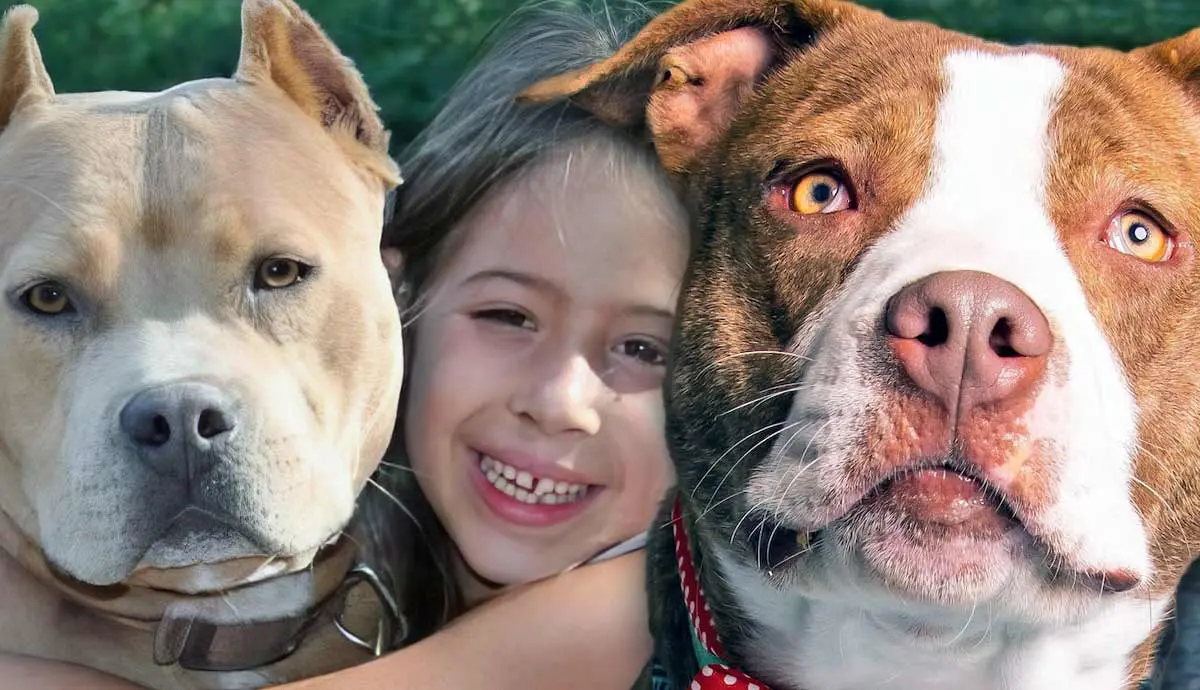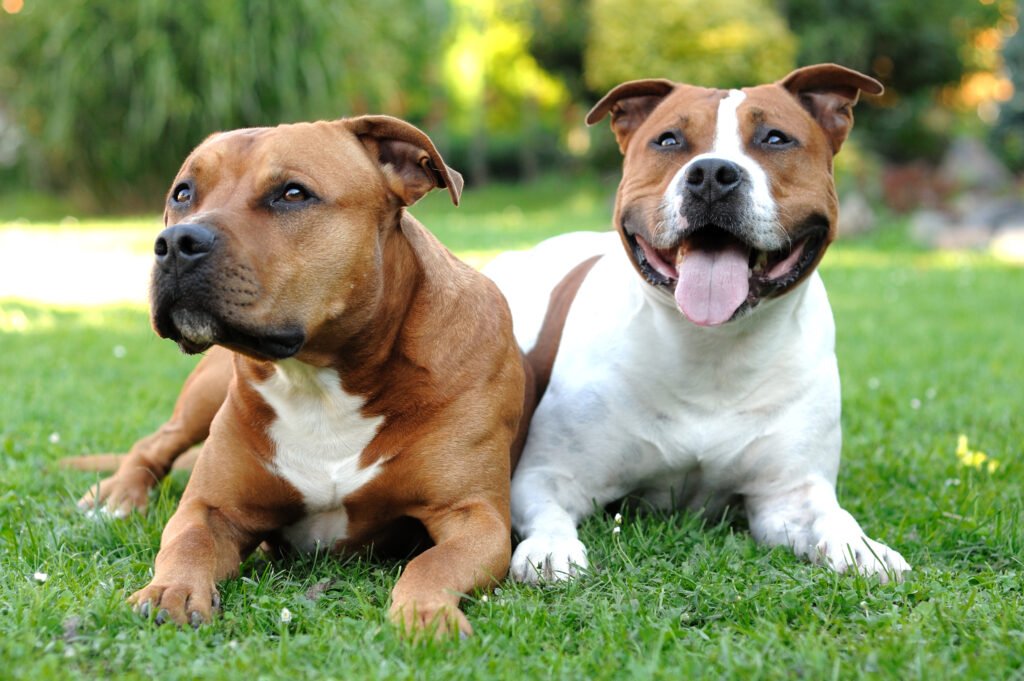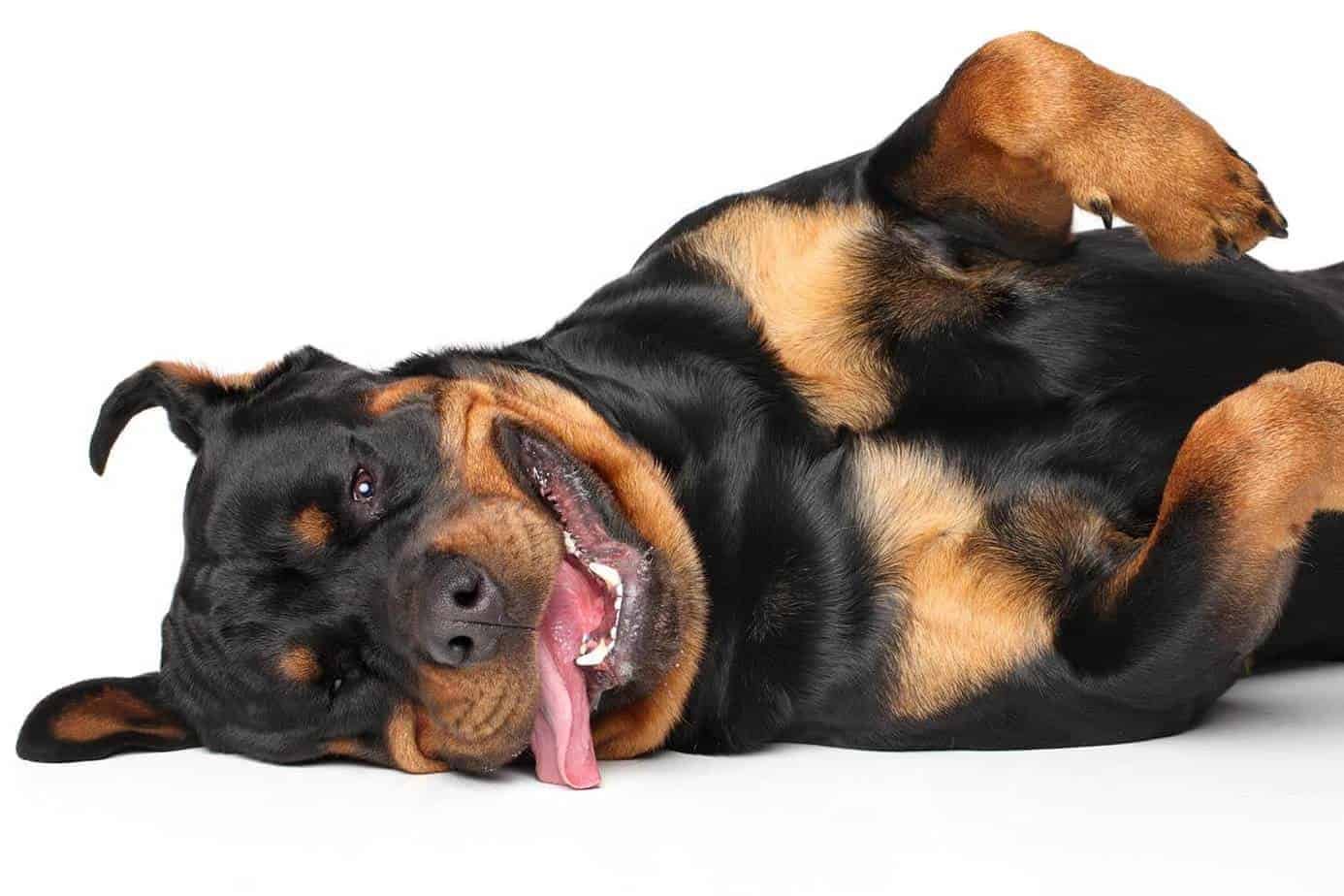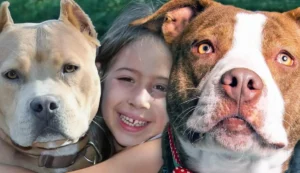
Rottweilers and Aging: How to Care for Your Senior Dog
As your Rottweiler ages, it’s essential to adjust their care routine to accommodate their changing needs. Senior dogs, including Rottweilers, often face health issues that can impact their quality of life. However, with the right care, attention, and modifications to their routine, your Rottweiler can continue to live a happy and comfortable life as they grow older.
Here’s a guide on how to care for your senior Rottweiler and ensure they remain healthy and content during their golden years.
1. Regular Veterinary Checkups: Essential for Senior Rottweilers
Why It’s Important: As dogs age, they become more prone to health problems such as arthritis, heart disease, dental issues, and cancer. Regular veterinary visits allow early detection of these conditions, making treatment more effective.
What You Can Do:
- Schedule more frequent vet visits for your senior Rottweiler, ideally every six months, to catch any health issues before they become serious.
- Discuss a senior wellness plan with your vet, which may include more specialized screenings (e.g., blood tests, joint health, heart function) based on your dog’s age and health history.
- Keep track of changes in your dog’s behavior, such as reduced activity or changes in eating or drinking habits, and discuss them with your vet.
2. Diet and Nutrition: Adjusting for Aging
Why It’s Important: Older Rottweilers may have different nutritional needs compared to younger dogs. Maintaining a proper diet is essential for managing their weight, supporting joint health, and boosting their immune system.
What You Can Do:
- Senior Dog Food: Switch to a high-quality senior dog food that is specifically formulated for older dogs. These foods typically have fewer calories, higher fiber, and appropriate protein to help with weight management and digestion.
- Joint Support: Look for food that includes glucosamine and chondroitin to help maintain healthy joints and manage arthritis, which is common in aging Rottweilers.
- Hydration: Ensure your dog always has access to fresh water, as older dogs can be more prone to dehydration.
- Monitor Weight: Senior Rottweilers may have a slower metabolism, so it’s crucial to monitor their weight and adjust portion sizes accordingly to prevent obesity.
3. Exercise: Keeping Your Senior Rottweiler Active
Why It’s Important: Exercise is essential to maintain muscle tone, joint flexibility, and overall health. However, senior dogs may not have the energy or stamina they once did, and over-exercising can cause injury or strain.
What You Can Do:
- Low-Impact Exercise: Opt for low-impact activities like slow walks, swimming, or gentle play. These are easier on their joints while still providing essential physical activity.
- Shorter, More Frequent Walks: Instead of long walks, consider shorter, more frequent walks throughout the day to prevent fatigue and give your Rottweiler consistent exercise.
- Mental Stimulation: Mental exercise is also important for senior dogs. Engage your Rottweiler in puzzle games, scent work, and training exercises to keep their mind sharp.
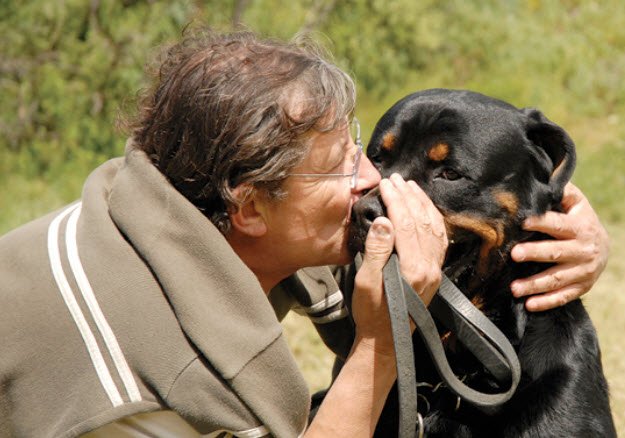
4. Joint and Mobility Care: Helping Your Senior Rottweiler Move Comfortably
Why It’s Important: Many older Rottweilers suffer from arthritis and other joint-related issues, which can make movement painful. It’s important to help your dog remain as mobile and comfortable as possible.
What You Can Do:
- Orthopedic Beds: Provide an orthopedic bed or cushioned surface to support your dog’s joints and relieve pressure while they sleep.
- Joint Supplements: Consult your vet about joint supplements or medications like glucosamine and fish oils, which can help manage arthritis and keep joints healthy.
- Manage Pain: If your Rottweiler shows signs of discomfort or difficulty moving, talk to your vet about pain management options, such as anti-inflammatory medications or physical therapy.
5. Grooming and Hygiene: Maintaining Comfort and Cleanliness
Why It’s Important: Older Rottweilers may not groom themselves as effectively, and their skin and coat may require additional care. Regular grooming not only helps with cleanliness but also provides an opportunity to check for signs of health problems, such as lumps or skin infections.
What You Can Do:
- Frequent Brushing: Brush your Rottweiler regularly to help prevent matting, reduce shedding, and keep their coat healthy. Pay attention to any changes in their skin or coat.
- Ear and Eye Care: Senior dogs can be prone to ear infections, so be sure to clean their ears regularly. Also, check their eyes for any signs of irritation or cloudiness.
- Dental Care: Oral health is especially important in senior dogs. Brush your dog’s teeth regularly to prevent dental disease, which can lead to pain and other health issues. Your vet can also perform professional dental cleanings.
6. Comfort and Environment: Creating a Senior-Friendly Space
Why It’s Important: As Rottweilers age, they may experience vision and hearing loss, or they may have trouble getting in and out of their favorite spots. Creating a comfortable and safe environment will ensure they continue to feel secure.
What You Can Do:
- Accessible Spaces: Ensure that your Rottweiler can easily access their favorite spots. Provide ramps or stairs to help them get onto furniture or into the car if needed.
- Temperature Control: Senior dogs can have a harder time regulating their body temperature, so make sure they’re comfortable. Provide a warm and dry place for them to rest, and avoid overly cold or hot environments.
- Safety and Supervision: Older Rottweilers may be less mobile or less aware of their surroundings. Keep your home free of obstacles that could cause injury and supervise your dog when they are outside or walking in unfamiliar places.
7. Watch for Cognitive Changes: Recognizing Dog Dementia
Why It’s Important: Like humans, older dogs can experience cognitive dysfunction syndrome (CDS), which is similar to dementia in humans. Symptoms include disorientation, confusion, difficulty with house training, and changes in behavior.
What You Can Do:
- Routine: Establish a consistent daily routine for meals, walks, and bedtime to reduce confusion.
- Mental Stimulation: Continue to provide mental stimulation through interactive toys and training, but keep activities low-stress.
- Consult a Vet: If you notice signs of cognitive decline, talk to your vet. There are treatments and supplements that can help slow the progression of CDS.
8. Emotional Support: Keeping Your Senior Rottweiler Happy
Why It’s Important: As Rottweilers age, they may experience changes in mood or anxiety due to physical discomfort or cognitive decline. Keeping them mentally and emotionally fulfilled is just as important as their physical health.
What You Can Do:
- Affection and Attention: Spend quality time with your senior Rottweiler. Cuddle, play, and give them extra attention to help them feel loved and secure.
- Adjust Expectations: While your senior Rottweiler may not have the energy or agility they did when they were younger, they still want your companionship and care. Be patient with them and adjust your activities to meet their needs.
Conclusion
Caring for an aging Rottweiler requires extra attention and adjustments to their routine, but with the right care, your senior dog can continue to enjoy life well into their later years. By maintaining regular vet visits, adjusting their diet and exercise, supporting joint health, and ensuring their comfort and emotional well-being, you can help your Rottweiler live a fulfilling and happy life in their senior years. Remember, the bond you share with your Rottweiler deepens as they age, and their loyalty and love will continue to be a treasured part of your life.
